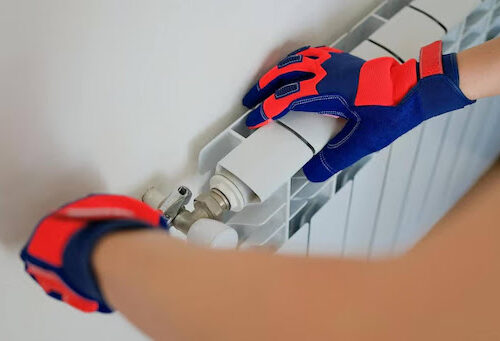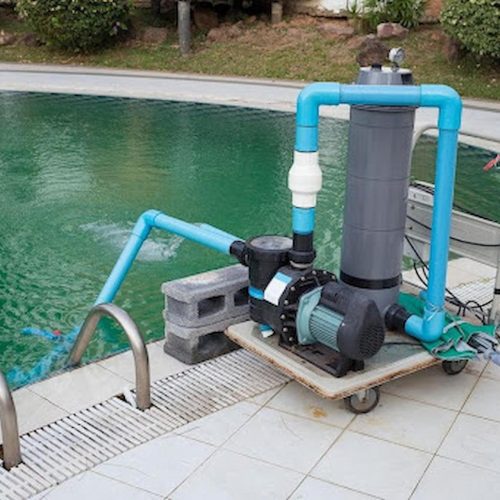Your driveway, often overlooked, is the unsung hero of your property. It withstands daily wear and tear, from scorching sun rays to icy snowfalls. However, to keep it in prime condition, seal coating is essential. But here’s the catch: seal coating can be applied in both cold and hot temperatures. So, which is best for your driveway? Let’s dive in and find out.
Understanding Sealcoating
Before delving into temperature considerations, let’s understand seal coating. Essentially, it’s a protective layer applied to driveways to shield them from the elements. This sealant helps prevent cracks, potholes, and other damages, thus prolonging your driveway’s lifespan.
Cold Temperature Sealcoating
Cold-temperature seal coating involves applying the sealant when the weather is cooler, typically below 50°F (10°C). One of the primary benefits of cold-temperature seal coating is its convenience. It can be applied in colder seasons when hot-temperature applications are not feasible.
Pros of Cold Temperature Sealcoating
Extended Working Time: Cold temperature seal coating offers contractors more time to work with the sealant, allowing for precise application.
Ideal for Cooler Climates: If you reside in regions with prolonged colder seasons, cold-temperature seal coating is often the only viable option.
Less Risk of Surface Damage: Since the sealant cures slower in colder temperatures, there’s less risk of surface damage due to rapid drying.
Cons of Cold Temperature Sealcoating
Slower Curing Time: Cold-temperature seal coating takes longer to cure than its hot-temperature counterpart, meaning you’ll have to wait longer before using your driveway.
Limited Seasonal Application: It’s unsuitable for application during warmer months, limiting the timeframe for seal coating.
Hot Temperature Sealcoating: Unlike cold-temperature sealcoating, hot-temperature sealcoating involves applying the sealant when temperatures are warmer, typically above 50°F (10°C). This method is favoured in regions with milder climates or during the summer months.
Pros of Hot Temperature Sealcoating
Faster Curing Time: Hot temperature seal coating cures much faster, allowing you to use your driveway sooner.
Ideal for Quick Projects: If you need your driveway sealed promptly, hot temperature seal coating is the way to go.
Enhanced Adhesion: The higher temperatures facilitate better adhesion of the sealant to the driveway surface, ensuring a more durable seal.
Cons of Hot Temperature Sealcoating
Limited Working Time: Contractors have a shorter window to apply the sealant before it starts to cure, requiring swift and precise application.
Weather Dependency: Hot temperature seal coating is unsuitable for application during colder seasons, restricting availability.
Expert Driveway Contractors
When choosing between cold and hot temperature seal coating, it is paramount to consult expert driveway contractors. These professionals possess the knowledge and experience to assess your driveway needs and recommend the most suitable approach. Specifically, if you’re residing in Kent, it’s advisable to seek out driveway contractors Kent, as they will have localised expertise and understanding of the unique conditions and requirements in the area.
Conclusion
There’s no one-size-fits-all solution in the battle between cold and hot temperature seal coating. The best option depends on various factors such as climate, time of year, and project requirements. Whether you opt for cold or hot temperature seal coating, the goal remains to protect and preserve your driveway for years to come. So, consult with expert driveway contractors, weigh your options carefully, and make an informed decision to ensure your driveway stands the test of time.
Read more: https://www.existenceiswonderful.com/why-should-you-install-a-tar-and-chip-driveway/



